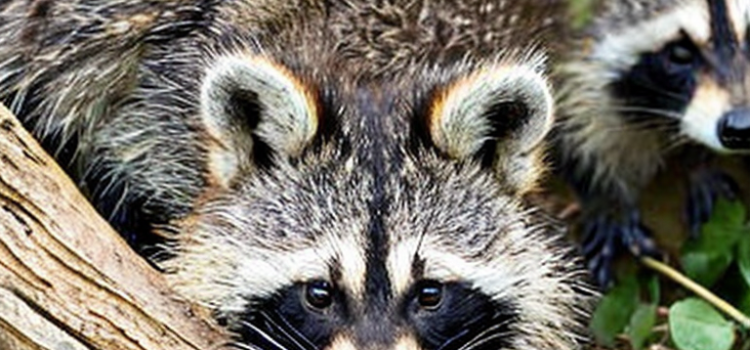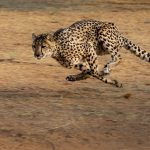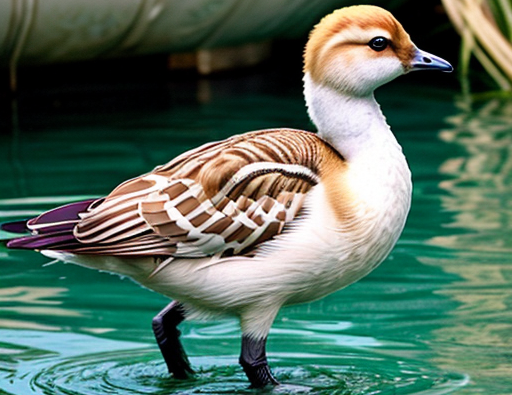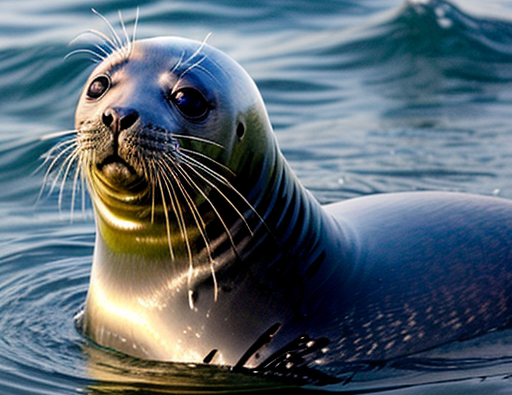
Are Raccoons Rodents?
One often asked issue is whether raccoons are rodents or not. This essay will look into the world of raccoons and the facts behind their categorization as rodents.
What are Rodents?
To understand whether raccoons are rodents let’s first define what rodents are. Rodents constitute a diverse group of mammals characterized by continuously growing incisors in their upper and lower jaws. They belong to the order Rodentia and are known for their remarkable adaptability and prolific breeding habits.
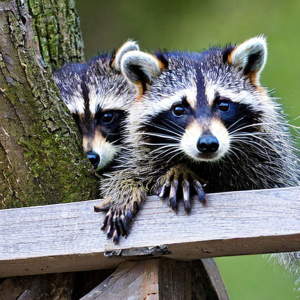
Characteristics of Raccoons
Raccoons (scientifically known as Procyon lotor) are medium-sized mammals native to North America. They possess a distinct appearance with their masked faces, ringed tails, and agile bodies.
Here are some notable characteristics of raccoons:
Adult raccoons often weigh 10 to 30 pounds and stand 2 to 3 feet tall without their bushy tails.
They have a stocky build and a coat of fur that can range in color from grey to reddish-brown.
Nocturnal Behavior: Raccoons are typically nocturnal animals which means they are most active at night. They have super night vision and are well-equipped to seek for food in the dark.
Omnivorous Diet: Raccoons are versatile and classified as opportunistic omnivores. Fruits, vegetables, nuts, insects, small animals and even bird eggs are among the items they consume.
Ability to Solve Problems and Intelligence: Raccoons are well known for their resourcefulness and intelligence.
They can solve puzzles, open containers, and exhibit problem-solving skills that surpass many other mammals.
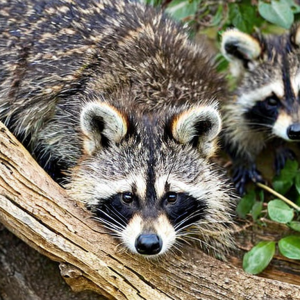
The Difference between Raccoons and Rodents
While raccoons share some behavioral traits with rodents, they do not belong to the rodent family. The key distinguishing factor lies in their dental structure.
Rodents possess continuously growing incisors that require constant gnawing to prevent overgrowth. In contrast raccoons have non-continuously growing incisors which sets them apart from rodents.
Raccoons belong to the family Procyonidae, which includes other species such as coatis and ringtails. This family falls under the order Carnivora, which comprises primarily meat-eating mammals.
Raccoons are categorized as carnivores, yet their diet contains a large amount of plant materials, making them omnivores.
Raccoons: Nature’s Resourceful Omnivores
Raccoons have adapted remarkably well to various habitats thanks to their omnivorous diet and resourcefulness.
Their ability to find and exploit diverse food sources has contributed to their success as a species. Their foraging skills and adaptability make them essential components of the ecosystems they inhabit.
In their search for food raccoons exhibit an impressive level of manual dexterity allowing them to manipulate objects and open containers.
Their cleverness and agility are further complemented by their sharp senses, including an acute sense of touch, hearing, and smell.
Raccoon Behavior and Habitat
Raccoons are known for their clever and curious nature. They exhibit social behavior within their communities and are often observed foraging together in small groups.
They construct dens in hollow trees, abandoned burrows, or structures such as attics, chimneys, or crawl spaces.
Raccoons are flexible and may live in a variety of situations, although they favor places with access to water, such as marshes, streams, and wetlands.
They have, however, effectively adapted to metropolitan environments, where they may find refuge and numerous food supplies.
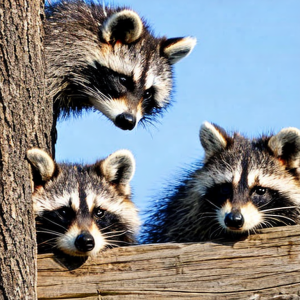
Raccoon-Related Concerns
As fascinating as raccoons may be, they can sometimes cause problems when their presence intersects with human activities. Some common concerns associated with raccoons include:
Property Damage: Raccoons may damage roofs, gardens, and garbage cans while searching for food and shelter.
Disease Transmission: Raccoons can carry diseases such as rabies, roundworm and leptospirosis posing risks to humans and other animals
Wildlife Conflicts: In certain situations raccoons may conflict with pets or livestock leading to confrontations or predation.
Zoonotic Diseases: Raccoons are potential carriers of zoonotic diseases, which can be transmitted to humans through bites, scratches, or exposure to their feces.
Raccoon Control and Management
When raccoon activity poses a threat or nuisance, it is essential to employ appropriate control and management measures. Here are some effective strategies:
Secure Trash Bins: Use tightly sealed, raccoon-proof trash bins to prevent raccoons from accessing potential food sources.
Limit Access to Buildings: Seal off any possible entry points, such as chimneys, attics, or crawl spaces, to prevent raccoons from establishing dens on your property.
Remove Attractants: Keep pet food indoors, secure compost bins, and clean up fallen fruits or birdseed that may attract raccoons.
Seek Professional Assistance: If raccoon issues persist or pose significant concerns, consider contacting a professional wildlife control service for humane removal and prevention strategies.
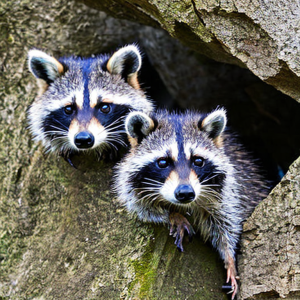
Fascinating Facts about Raccoons
Raccoons are excellent swimmers and can stay in the water for several hours.
Their front paws are susceptible and possess a unique touch perception.Raccoons are known to perform a habit known as “dousing” in which they repeatedly dip their meal in water before eating it.
The term “raccoon” comes from the Powhatan Indian word “aroughcun” which means “animal that scratches with its hands
Raccoons have an average lifespan of 2 to 3 years in the wild however some have been known to survive in captivity for up to 20 years.
Conclusion
Finally, raccoons are not rodents but rather members of the Procyonidae family under the order Carnivora. Their versatile omnivorous diet, resourcefulness and adaptability contribute to their success as a species. While raccoons can sometimes pose challenges understanding their behavior and employing appropriate management strategies can help mitigate potential conflicts and ensure harmonious coexistence.
FAQs (Frequently Asked Questions)
1. Are raccoons dangerous?
While raccoons generally prefer to avoid confrontations, they can become aggressive if cornered or threatened. Maintaining a safe distance and avoiding approaching or attempting to touch wild raccoons is essential.
2. Can raccoons be kept as pets?
In some jurisdictions, keeping raccoons as pets with the necessary permits is legal. However, raccoons have complex needs and may not thrive in a domestic setting. It is essential to thoroughly research and consider the implications before considering raccoons as pets.
3. How do raccoons contribute to ecosystems?
Raccoons play a crucial role in ecosystems as seed dispersers and insect controllers. They help maintain biodiversity by influencing plant distribution and population dynamics of various organisms.
4. Are raccoons carriers of rabies?
Raccoons are among the most common rabies vectors in North America. It is critical to prevent contact with abnormally behaving raccoons and to get pets inoculated against the sickness.
5. Can raccoons be relocated if they become a nuisance?
Relocation of raccoons is not recommended due to potential adverse impacts on both relocated individuals and resident populations.
Employing local regulations and seeking professional assistance for humane control and management methods is best.









